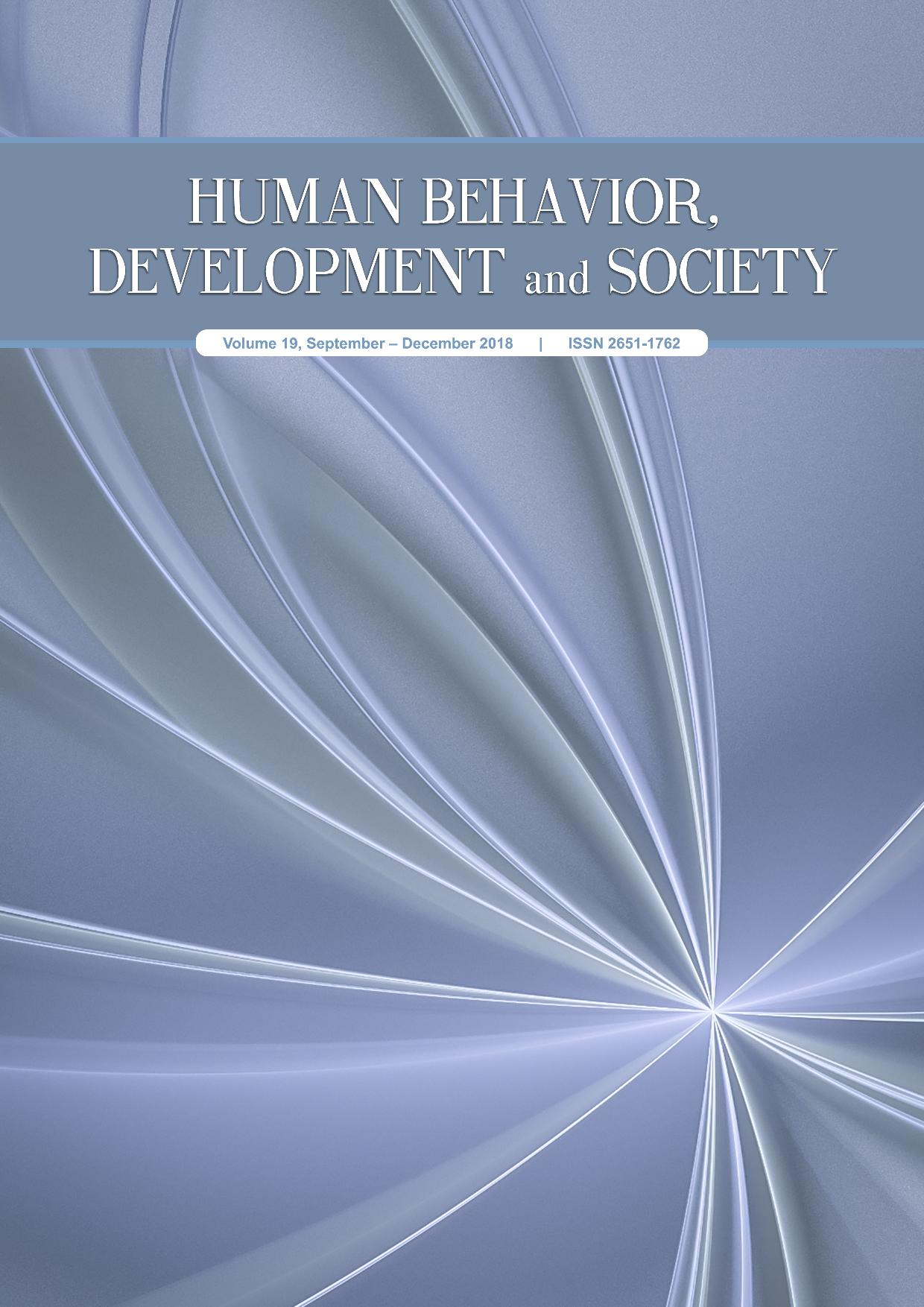Pre-service Science Teachers’ Understanding of the Nature of Science: An Examination and Implications for Further Development
Main Article Content
Abstract
This study aimed to examine the understanding held by pre-service teachers of science concerning the nature of science (NOS), and subsequently improve any misconceptions that were found through follow-up workshops. Ninety-four participants were purposively selected and completed open-ended questionnaire to assess their understanding of the NOS. The instrument consisted of seven aspects of NOS. The findings were then classified into three categories: informed, intermediate and naïve. Those who fell in the naïve category then participated in follow-up workshops. Prior to the workshop, these participants (10% out of the total) were interviewed for more information about their understanding of NOS as a basis for organizing follow-up workshops. Subsequently, three workshops were conducted and a post-workshop questionnaire was distributed to see if there were changes in their understanding. The findings from this study illustrate how students, in spite of receiving instruction on pedagogical content and approaches, may hold different perspectives about subject content. This study also provides an example of how a teacher preparation program may carry out small-scale research that will benefit both the teacher educator and the pre-service teachers.
Article Details

This work is licensed under a Creative Commons Attribution-NonCommercial-NoDerivatives 4.0 International License.
Copyright: Asia-Pacific International University reserve exclusive rights to publish, reproduce and distribute the manuscript and all contents therein.
References
Clough, M. (2018). Teaching and learning about the nature of science. Science & Education, 27(1-2), 1-5.
Faikhamta, C. (2013). The development of in-service science teachers’ understandings of and orientations to teaching the nature of science within a PCK-based NOS course. Research in Science Education, 43(2), 847-869.
Hofstein, A., & Lunetta, V. (2003). The laboratory in science education: Foundations for the twenty‐first century. Science Education, 88(1), 28-54. Retrieved from http://gpquae.iqm.unicamp.br/ gtexperimentacao.pdf
Hume, A., & Berry, A. (2011). Constructing CoRes—a strategy for building PCK in pre-service science teacher education. Research in Science Education, 41(3), 341-355.
Hume, A., & Berry, A. (2013). Enhancing the practicum experience for pre-service chemistry teachers through collaborative CoRe design with mentor teachers. Research in Science Education, 43(5), 2107-2136.
Kampourakis, K. (2016). The “general aspects” conceptualization as a pragmatic and effective means to introducing students to nature of science. Journal of Research in Science Teaching, 53(5), 667-682.
Lederman, N. (1992). Students' and teachers' conceptions of the nature of science: A review of the research. Journal of Research in Science Teaching, 29(4), 331-359.
Lederman, N. (2013). Nature of science: Past, present, and future. In N. G. Lederman & S. K. Abell (Eds.), Handbook of Research on Science Education (Vol. 2; pp. 845-894). New York: Routledge.
Lederman, N., Abd‐El‐Khalick, F., Bell, R., & Schwartz, R. (2002). Views of nature of science questionnaire: Toward valid and meaningful assessment of learners' conceptions of nature of science. Journal of Research in Science Teaching, 39(6), 497-521.
Lemke, J. (2001). Articulating communities: Sociocultural perspectives on science education. Journal of Research in Science Teaching, 38(3), 296-316.
Liu, A., & Lederman, N. (2007). Exploring prospective teachers’ worldviews and conceptions of nature of science. International Journal of Science Education, 29(10), 1281-1307.
McComas, W., Clough, M., & Almazroa, H. (1998). The role and character of the nature of science in science education. In W. F. McComas (Ed.) The Nature of Science in Science Education (pp. 3-39). Springer, Dordrecht.
McComas, W. (2000). The nature of science in science education: Rationales and strategies. Dordrecht, the Netherlands: Kluwer Academic Publishers.
Ministry of Education (MOE), Thailand (2001). Basic Education Curriculum.
Rehmat, A., & Bailey, J. (2014). Technology integration in a science classroom: Preservice teachers’ perceptions. Journal of Science Education and Technology, 23(6), 744-755.
Sangsa-ard, R., & Thathong, K. (2014). Examining Junior High School Science Teachers’ Understanding of the Nature of Science in Chaiyaphum Province, Thailand. Procedia-Social and Behavioral Sciences, 116, 4785-4797.
Schwartz, R., Lederman, N., & Crawford, B. (2004). Developing views of nature of science in an authentic context: An explicit approach to bridging the gap between nature of science and scientific inquiry. Science Education, 88(4), 610-645.
Tucksanunklahan & Yuenyong, C. (2012). An analysis of grade 12 students’ technological capability in learning about electromagnetics through science technology and society approach (STS approach). Procedia-Social and Behavioral Sciences, 46, 5085-5093.
Yuenyong, C., & Narjaikaew, P. (2009). Scientific Literacy and Thailand Science Education. International Journal of Environmental and Science Education, 4(3), 335-349.
Yuenyong, C. (2013). Enhancing Scientific Literacy in Thailand. Global Studies of Childhood, 3(1), 86-98.


